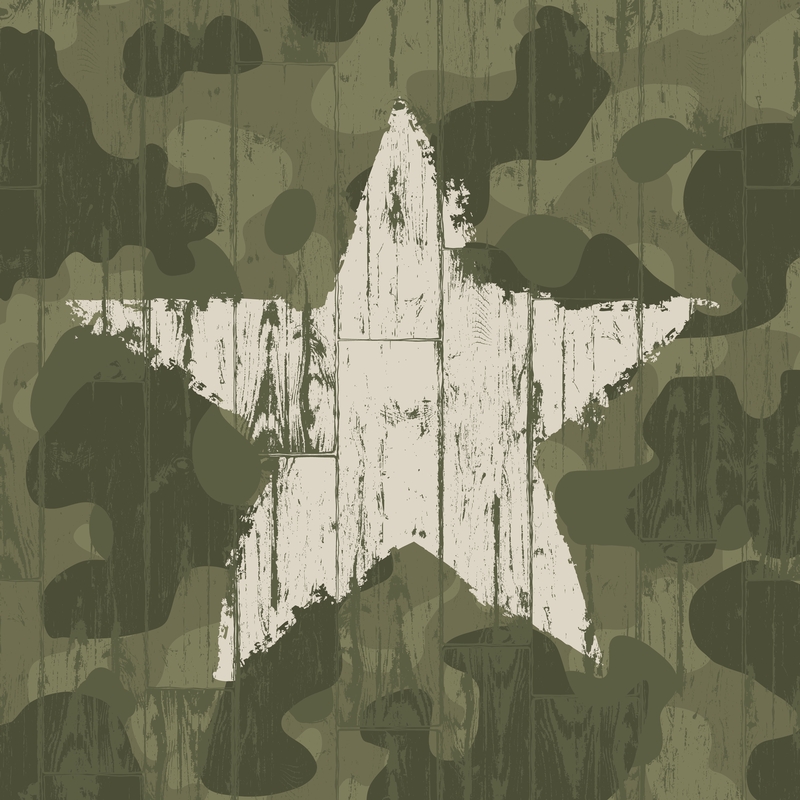 Entry into the military is difficult. The training you receive will break you down, than rebuild you back up to become a basically trained combatant, than leader, and finally a specialist within an array of occupational fields. This process is where we lose the fundamental values and experiences of the real world. For years we have been told what to do, what to say and how to dress. Upon discharge we are given a week or so of structured lectures of information on how to transition back into the civilian world. This transition is not outlined for us, which we are accustomed to. Maintaining our lives through monetary means instead of staying alive through camaraderie is now our basic survival skill. The transition is difficult but it’s nothing compared to what we have faced already. Unfortunately this transition is a new environment, community, and occupation.
Entry into the military is difficult. The training you receive will break you down, than rebuild you back up to become a basically trained combatant, than leader, and finally a specialist within an array of occupational fields. This process is where we lose the fundamental values and experiences of the real world. For years we have been told what to do, what to say and how to dress. Upon discharge we are given a week or so of structured lectures of information on how to transition back into the civilian world. This transition is not outlined for us, which we are accustomed to. Maintaining our lives through monetary means instead of staying alive through camaraderie is now our basic survival skill. The transition is difficult but it’s nothing compared to what we have faced already. Unfortunately this transition is a new environment, community, and occupation.
This transition can be an eerie changeover. You see during the military, a service member will move to different workstations and have different work responsibly constantly. We call this move a Permanent Change of Station (PCS) or Temporary Additional Duty (TAD), and the rest of the world calls it a transfer or new profession. Before leaving the current workstation a service member will check out of a series of departments from medical to administration. They will dress in their Alpha Uniform, which is basically a dress suit. Service members will receive orders, which are documents that outline all the information of their transition. The time, date and the location are already preset. The member will be expected and welcomed upon arrival, and trained for the new workstation. This process is the same every time, it does not deviate, and it is expected regularly during a military career.
The previous articles written, give Veterans an idea of what to expect in their transition process. What to look forward to and what options are available in the workforce. Now use this to understand you face someone without the knowledge for which you are accustomed to and teach them or guide them. Now that the interview process is over, which is the “easiest” part because you are a highly trained prospect. What now? You will have to negotiate your salary, medical plan, dental coverage, and your position. Those are the basics. Now what you have to understand is that you have FREEDOM. This freedom comes at a price. Without a detailed outline of the workforce you will have to adapt with the norms which best fits you.
Everyone’s experience and necessities will be different. The good thing is that there are many organizations, which are available to help you in this process. These organizations offer many programs to help train you into transition. So don’t be afraid to ask for help, to seek a mentor or search around for what best fits you. After you succeed, share with others your experience. As Veterans, we have that esprit de corps. It’s in our nature. The military isn’t capable in giving us all the tools to readjust to this new environment. By taking our previous articles and adding this one, you will have the full picture of what to expect.
Here are a few tips to help smooth the transition after you are hired:
- Introduce yourself to your colleagues, peers and superiors.
- On your 1st day bring donuts or coffee to our office.
- If you are being trained, do your best to get as much information as possible.
- Be proactive but stay within a boundary.
- Become an expert in your position but willing to extend outside it.
- Ask for progress reports quarterly.
- Review open positions periodically.
- Keep a good relationship with everyone you come into contact with.
- Always keep an updated resume handy.
- Remember you are a Veteran; most are not but there are others.
- Most importantly always remember you are now in-charge of what you want.
Devil Dog USA Inc., main goal is to help you transition back into the civilian life. Once that is accomplished we keep a continuous cycle of checking if there are any other services we can provide or assists you with. We follow-through with a monthly checkup, along with an open door policy, and a periodic email of upcoming programs which maybe beneficial to you or a fellow Veteran.



